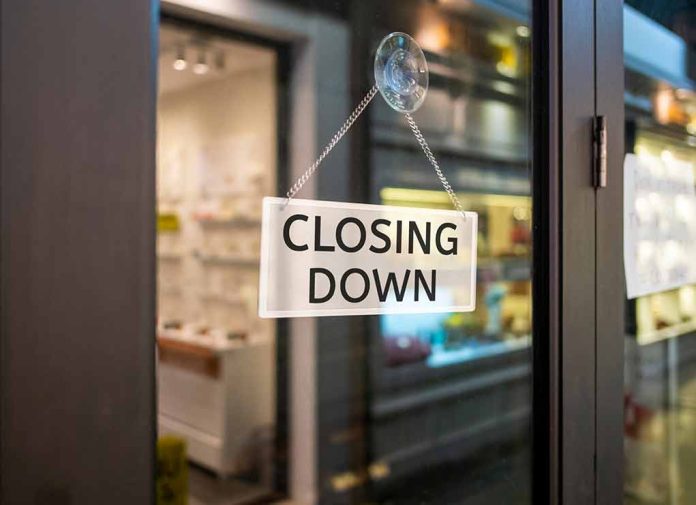
7-Eleven plans to close 444 underperforming stores, signaling a significant shift for the convenience store giant.
At a Glance
- 7-Eleven is closing 444 stores, about 3% of its North American locations.
- Closures are due to inflation, declining cigarette sales, and changing consumer preferences.
- The company aims to optimize store portfolio and invest in higher-demand locations.
- Future plans include expanding fresh food offerings and specialty beverages.
Reasons for Store Closures
7-Eleven is closing 444 underperforming stores across North America, accounting for about 3% of its locations in the U.S. and Canada. The decision comes amid economic challenges such as inflation, declining sales in traditional categories like cigarettes, and evolving customer preferences leaning towards healthier food options and specialty drinks. These shifting dynamics necessitated a review and adjustment of the company’s strategic footprint.
The company reported a significant decrease in foot traffic, with a 7.3% decline in August, extending a six-month trend. This dip correlates with broader consumer habits molded by economic pressures and healthier living trends. With cigarette sales dropping by 26% since 2019 to historic lows, 7-Eleven is adjusting its product offerings to better align with consumer demand.
Strategic Adjustments and Future Plans
Amid these closures, 7-Eleven is not retreating but refining its strategy. The company plans to expand its selection of fresh foods and specialty beverages, capitalizing on the growing consumer interest in affordable, healthy meal options. The objective is to meet the increasing demand for higher-quality meal choices, leveraging its significant market presence.
“Affordable, high quality foods are becoming more important,” Joe DePinto, the CEO and president of 7-Eleven, has stated.
7-Eleven remains committed to opening new stores in areas with a thirst for convenience, while optimizing non-core assets. This move is also seen as a response to increasing competition from convenience stalwarts like Wawa and Sheetz. The company aims to enhance its customer satisfaction, a critical factor as many consumers rethink their loyalty amidst a changing retail landscape.
7-Eleven to close 444 locations across North Americahttps://t.co/Pzknc6HwPh pic.twitter.com/atafyKCAgb
— The Washington Times (@WashTimes) October 13, 2024
Economic and Competitive Landscape
The closures come in the context of a potential acquisition bid by Alimentation Couche-Tard, which owns Circle-K, to take over 7-Eleven’s parent company, Seven & I Holdings. This strategic alignment is essential for maintaining relevance amid rising online and value retail competition. Retail analyst Neil Saunders described 7-Eleven’s decision as a “gentle pruning” aimed at preserving long-term profitability and operational efficiency.
As the largest convenience-store chain in the U.S. with over 13,000 locations, 7-Eleven’s strategy will significantly impact North America’s retail landscape. Emphasizing their commitment, 7-Eleven is contemplating a corporate rebranding to highlight their core focus on convenience retail.
Sources
- 7-Eleven to close over 400 stores in North America
- 7-Eleven is closing more than 400 locations
- 7-Eleven is closing more than 400 locations in North America












